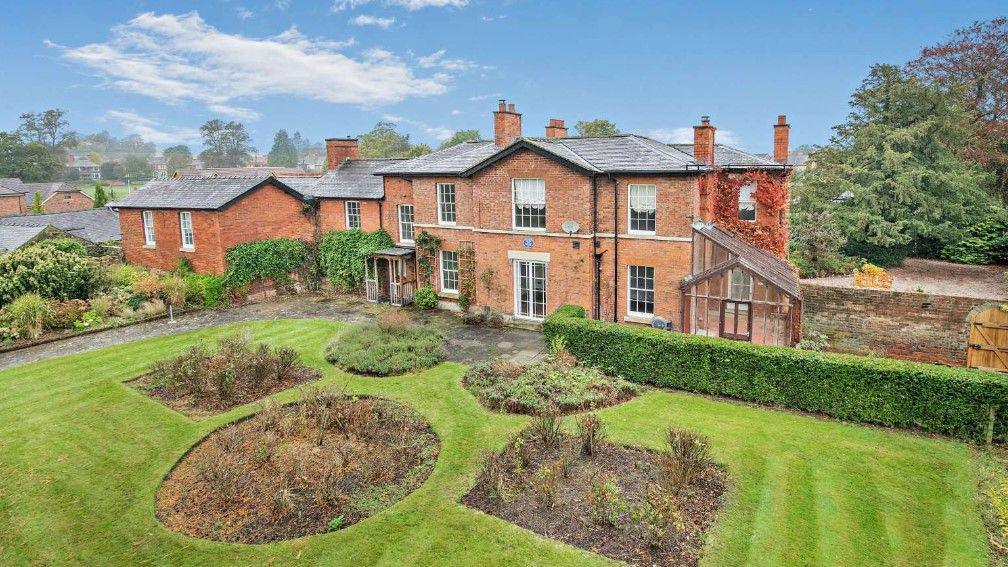Blue plaque honours village poet and soldier
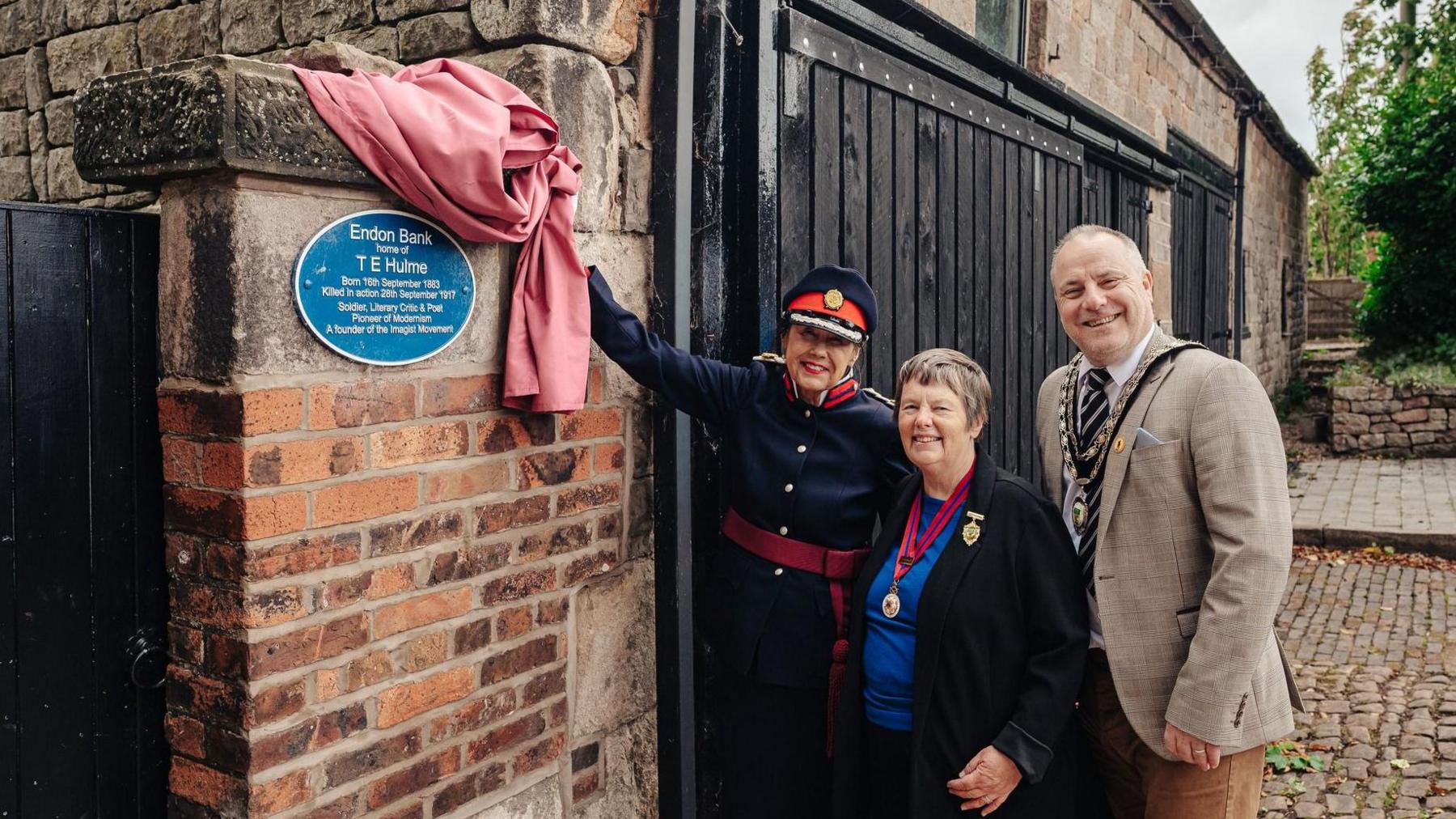
A new blue plaque commemorates poet Thomas Ernest Hulme who lived in Endon Bank with his family. It was unveiled by Deputy Lieutenant Judy Scott Moncrieff, Staffordshire Moorlands District Council chairman Adam Parkes and Moorlands Partnership Board chair Christina Jebb
- Published
A poet who founded a poetry movement has been honoured with a blue plaque at the house where he lived.
Thomas Ernest Hulme was born in Gratton but later moved to Endon Bank on Church Lane in Endon, Staffordshire, with his family.
The Imagist movement he started was credited with modernising poetry and influenced poets including TS Eliot who described Hulme's short poems as some of the finest in the English language.
He joined the Army in World War One and was killed in 1917, aged 34, having re-enlisted after being discharged due to an injury. The plaque, sponsored by Moorlands Partnership Board, commemorates both his contribution to literature and his service to his country during the war.
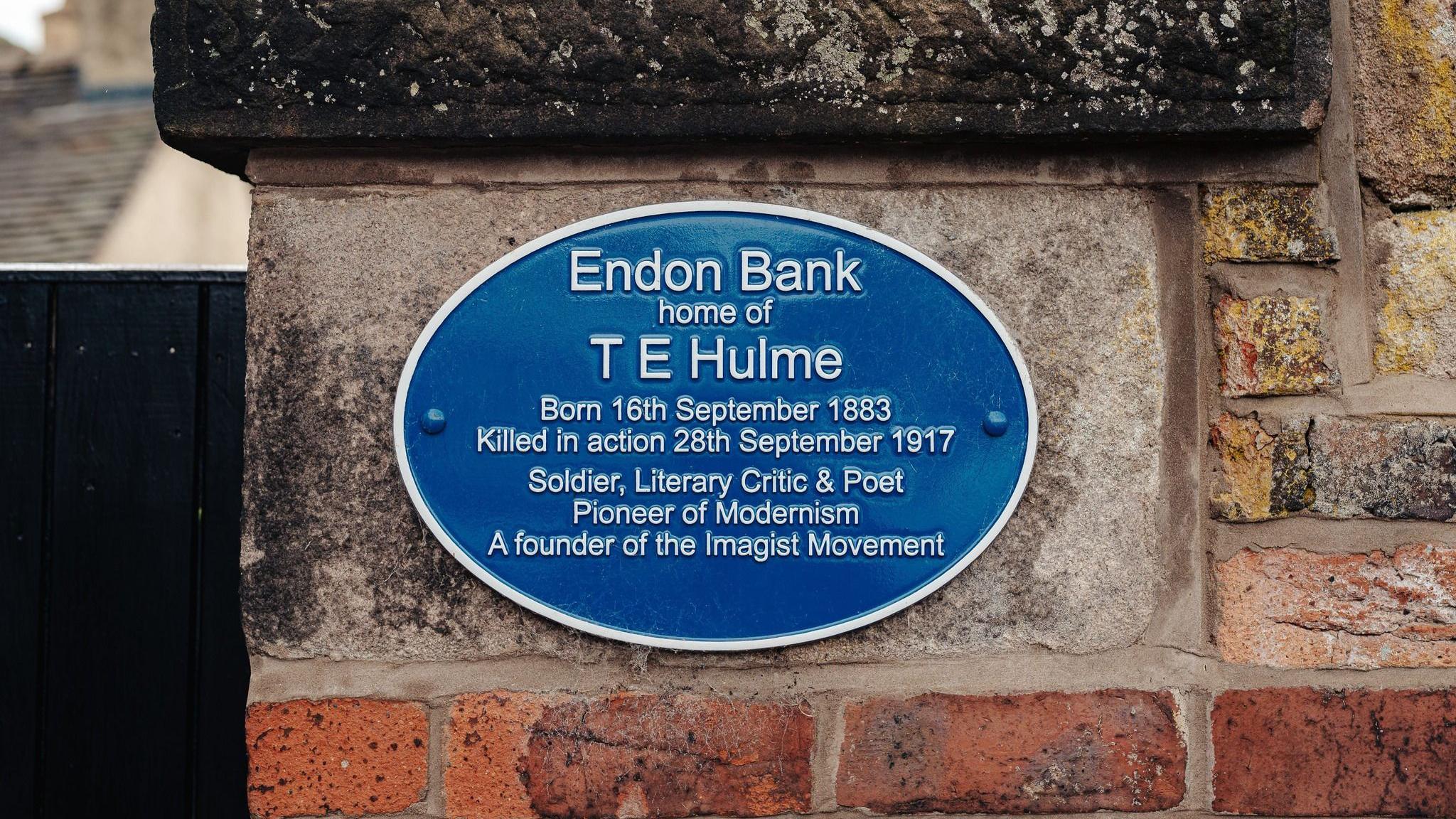
Hulme is the founder of a poetry movement which is credited with influecing TS Eliot and others
The plaque was unveiled by the Deputy Lieutenant Judy Scott Moncrieff and Staffordshire Moorlands District Council chairman Adam Parkes.
"TE Hulme was one of the leading lights of the Imagist movement in the early 1900s which marked a significant shift from the ornate styles of Victorian poetry and romanticism," said Christina Jebb, chair of the Moorlands Partnership Board.
"It's great to be able to formally recognise his significant contribution to literature, and also his service in the British Army during the First World War, with this plaque."
Get in touch
Tell us which stories we should cover in Staffordshire
Follow BBC Stoke & Staffordshire on BBC Sounds, Facebook, external, X, external and Instagram, external.
Related topics
- Published13 August
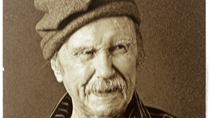
- Published3 January
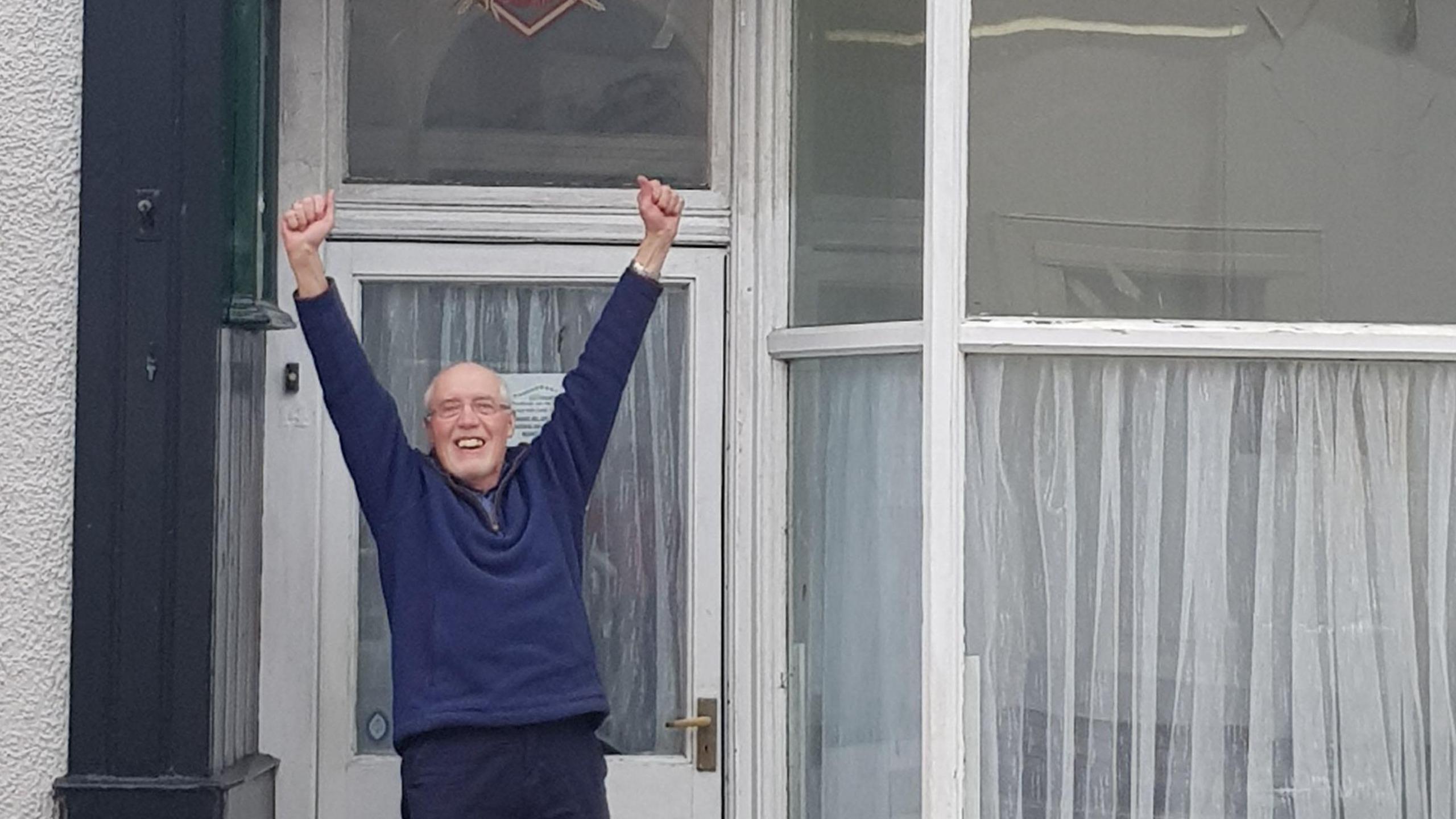
- Published10 November 2024
